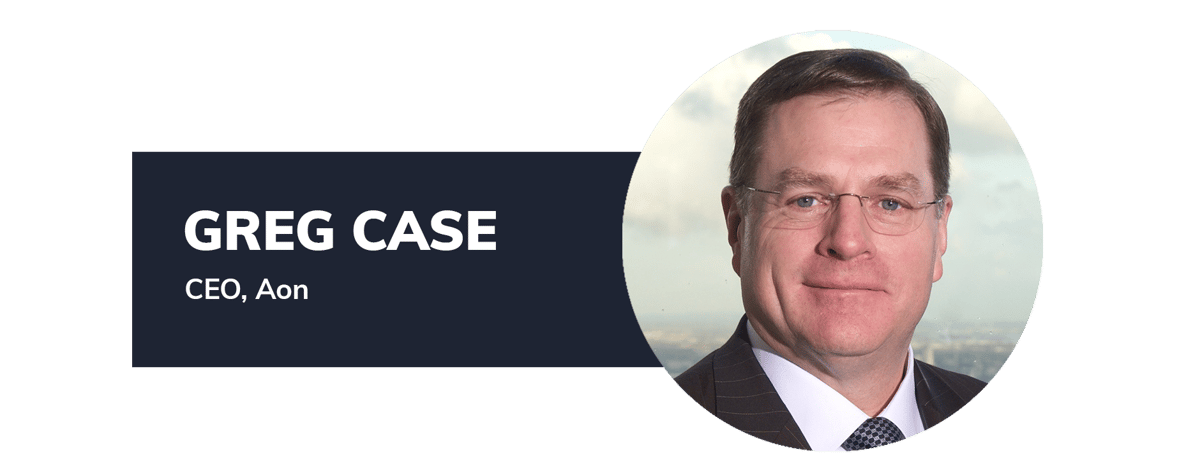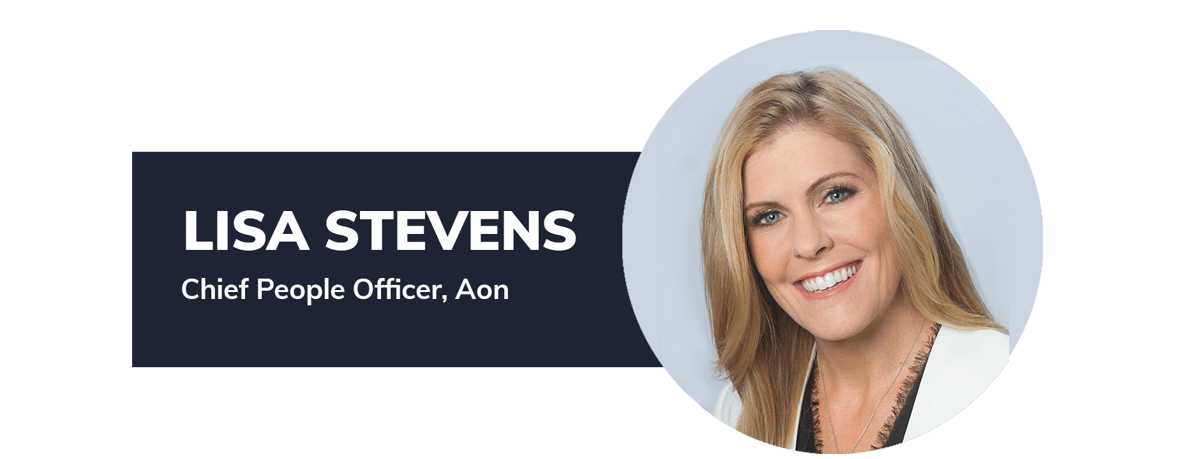
Making Better Decisions Matters at the Ryder Cup, and for Your Business
The Ryder Cup at Whistling Straits Golf Course in Kohler, Wisc.
Padraig Harrington and Steve Stricker earn their living on the golf course, not in the corner office. But the challenges they’ll face this month in Wisconsin should ring familiar to business leaders everywhere.
As the respective captains of the European and United States Ryder Cup Teams, Harrington and Stricker have been tasked with shepherding their squads through a golf event unlike any other. Everything about the biennial rivalry—the format, the stakes, the atmosphere—stands apart. In keeping with the magnitude of the competition, both men have spent nearly two years in preparation, analyzing data while parsing potential roster picks and pairings—even delving into the details of course setup—all with the goal of readying their players to perform their best on a uniquely challenging stage.
But their work has only just begun. Once play gets underway and the pressure ratchets up, Harrington and Stricker will be in constant motion, charged with making critical decisions in real time as the competition ebbs and flows. Every move they make will come under scrutiny and be measured for impact on the outcome.
A new day for business, and golf
It’s not business as usual for Stricker or Harrington. And in today’s complex business climate, C-suite leaders can surely relate.
As a Worldwide Partner of the Ryder Cup, Aon understands that in business, as in golf, effective leadership means setting your talent up for success, even amid great challenges and uncertainty. In a world still dealing with a global pandemic, building resilient workforces is clearly key to long-term success.
Aon’s forward-thinking report Helping Organizations Chart a Course to The New Better notes that resilient workers have a stronger capacity for upskilling and reskilling to keep up with the pace of change in the years to come as more industries adopt sophisticated digital technology. Although the pandemic forced many companies to quickly adapt and accelerate digitalization, a more strategic, targeted path forward will help companies build resilience.
Turning volatility into opportunity
Leadership in any endeavor requires smart decisions in response to rapid changes. Success depends on careful preparation—but also on the ability to adapt nimbly when events don’t play out as planned.

“What’s true in sport is also true in life: Change is a constant,” says Greg Case, CEO of Aon. “New risks and new opportunities keep emerging, and it’s the job of organizations to respond and prepare.”
A leading global professional services firm, Aon helps shape better decisions to protect and enrich the lives of people around the world. Its colleagues provide clients in more than 120 countries with advice and solutions that give them the clarity and confidence to make better decisions to protect and grow their business, no matter how volatile the circumstances.
Few periods in modern history have been more volatile than during the Covid-19 pandemic. Over this time, Aon has played a proactive role in helping its clients of all sizes and sectors in all corners of the globe. In mid-2020, for instance, as much of the world began to come to grips with the impacts of Covid-19, Aon organized and convened a coalition across geographies and industries to discuss the challenges that companies faced. Bringing together hundreds of company and community leaders in cities that spanned four continents, this coalition studied newly emerging issues and delivered the Helping Organizations Chart a Course to The New Better, detailing best practices to help drive a sustainable recovery.
For all the unique challenges it has presented, the pandemic has also laid bare a universal truth: In a world more volatile and interdependent than ever, risks once thought of as distant—from climate change and cybersecurity threats to the growing health-wealth gap—have approached quickly, and their impact is already exposing organizational vulnerabilities in every industry. This challenge is what drives Aon’s approach to the future.
Forward-looking solutions
The Covid-19 pandemic has challenged companies to act quickly as the vulnerabilities of the interconnected, interdependent global system have been brought to the forefront. The Aon report observes that this moment isn’t yet over, and it has helped companies reorder their priorities and accelerate innovation in critical business areas, which will need to continue in a post-pandemic world.
“Our industry has a history of looking back to prepare for what’s ahead,” Case says. “But that approach doesn’t work anymore. The ‘new better’ means providing insights that help our clients make better decisions, not only to move forward during the pandemic, but to prepare for – and build upon - whatever comes next.”
This approach doesn’t just help businesses be more successful, it also creates a more fulfilled and resilient workforce, and a positive impact that radiates out to the world at large, bettering the lives of families and strengthening communities.
A broad strategy for success
“We believe that businesses succeed when the communities they serve and the people they employ flourish,” says Lisa Stevens, Aon’s Chief People Officer.
That ethos extends to diversity, inclusiveness and the conviction that no single person or department is stronger than the whole. “We strive to be a powerful force for positive change,” Stevens says. “That’s why we’re committed to a workplace culture where colleagues are comfortable being their authentic selves, feel a full sense of belonging and are empowered to reach their full potential.”

Given Aon’s inclusive approach and forward-looking expertise, its partnership with the Ryder Cup is an apt pairing. No golf event places a greater emphasis on group success, nor does any tournament more boldly underscore the importance of strategic decisions. As Ryder Cup organizers see it, the on- and-off course corollaries are clear.
“We believed Aon’s approach to better decision-making and smart use of data and analytics could naturally extend to the Ryder Cup, because that risk-reward approach is exactly what our captains and players are using to allow for the best chance of success in the matches,” says Seth Waugh, CEO of the PGA of America.
Winning the right way
The importance of strategic decisions in both sports and business makes Aon’s ongoing partnership with the PGA of America a natural pairing. It is also the inspiration for two unique initiatives powered by Aon that will come to life at Whistling Straits. One is the Ryder Cup Course Insight Guide, which will draw on Aon’s expertise to deliver key course insights that inform players’ strategy and decision-making at the event. The other is the Nicklaus-Jacklin Award, which honors a famous moment at the 1969 Ryder Cup, when Jack Nicklaus conceded a short putt to Tony Jacklin, leading to a tie in the event. In keeping with that gesture, the award, presented by Aon, will go to a player from each team who best exemplifies the qualities of sportsmanship, teamwork and performance.
“Successful business innovators are the people who make the best decisions at the right time, not only to benefit themselves, but also their teams,” says Guy Kinnings, European Ryder Cup Director. “It is fitting, therefore, that this award not only recognizes the decisions that ultimately characterize success, but also the sportsmanship that has defined many of them over history and will continue to do so.”
The spirit of the game and the foundation of Aon’s proposition are clearly aligned, driving collaboration, teamwork and the need for better decisions. These are the bedrocks of success—no matter the field of play.
